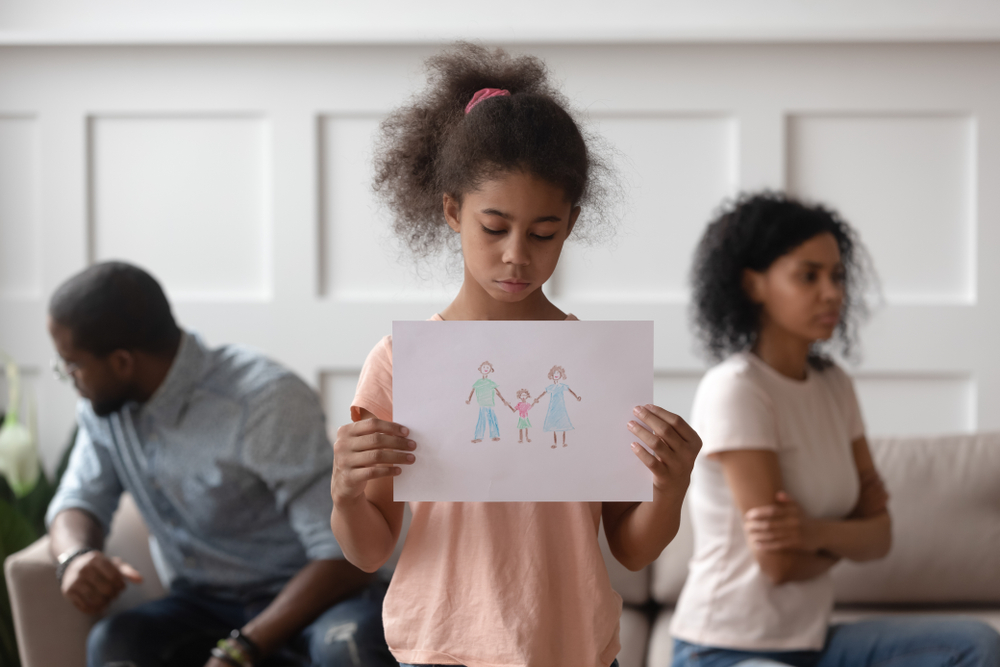
Self-care is not selfish, it’s essential.
Dealing With Childhood Trauma In Adulthood
Early childhood trauma can be things that happened to you, or things that should have happened to you but didn’t. Your body still remembers every experience you’ve gone through. It keeps memories of your past experiences in a physical form. Even if you don’t remember it, childhood trauma could be affecting you as an adult. Regardless of if you do or do not remember your childhood trauma, there is a chance that you experience trauma triggers. Think of trauma triggers as “emotional allergies.” Something in the environment is reminding you of the trauma (triggers you) and you react (“sneeze”), the trauma comes alive. Even if it happened years ago, the reaction seems automatic.When trauma happens all the details of it get locked in your nervous system. The smells. The sounds. The image. The feelings. The thoughts. The body sensations. All of these can be triggers later.


Self-Care and Childhood Trauma
So, where does self-care fit into nervous system regulation? Self-care isn’t about taking yourself on a date, taking a bubble bath or getting your nails done. (Even though these activities are great and if it makes you feel good, do it!) True self-care is two things:
1) Checking in with yourself, asking what you need, how you feel, etc.
2) Giving yourself what you need, choosing yourself-what’s good for you, choosing people who are good to you and for you, working on yourself compassionately while pushing yourself to grow.
These two things are mandatory when it comes to your overall well being. Childhood trauma can often result in being too hard on yourself, negative self-talk, and putting your needs on the back burner. You deserve compassion and gentleness. You deserve to be treated the same way you would want your closest loved ones to be treated. Self-care is choosing what is best for YOU. It is not selfish.
Healing Traumas
Learning nervous system regulation and how to implement self-care can be very difficult, especially if you were not given the tools to do this due to childhood trauma. If nervous system regulation and self care do not come naturally to you, please do not give up. There is nothing wrong with you. You simply need to practice. The best way to learn these tools is with the help of a professional. There are many different therapy modalities that can be beneficial to you in overcoming childhood trauma, such as EMDR, Attachment-Focused EMDR, polyvagal theory therapy, etc. You deserve compassion. You deserve to choose yourself, always. Reach out to a therapist in your area today to begin your healing journey.


